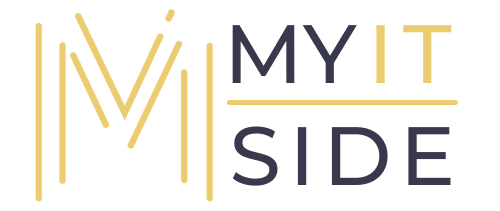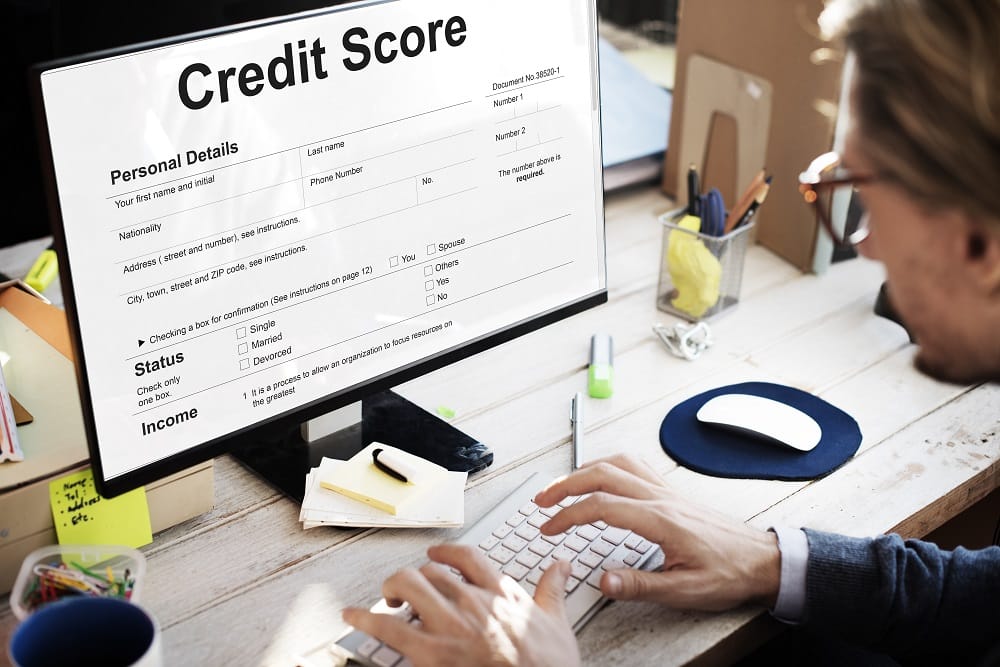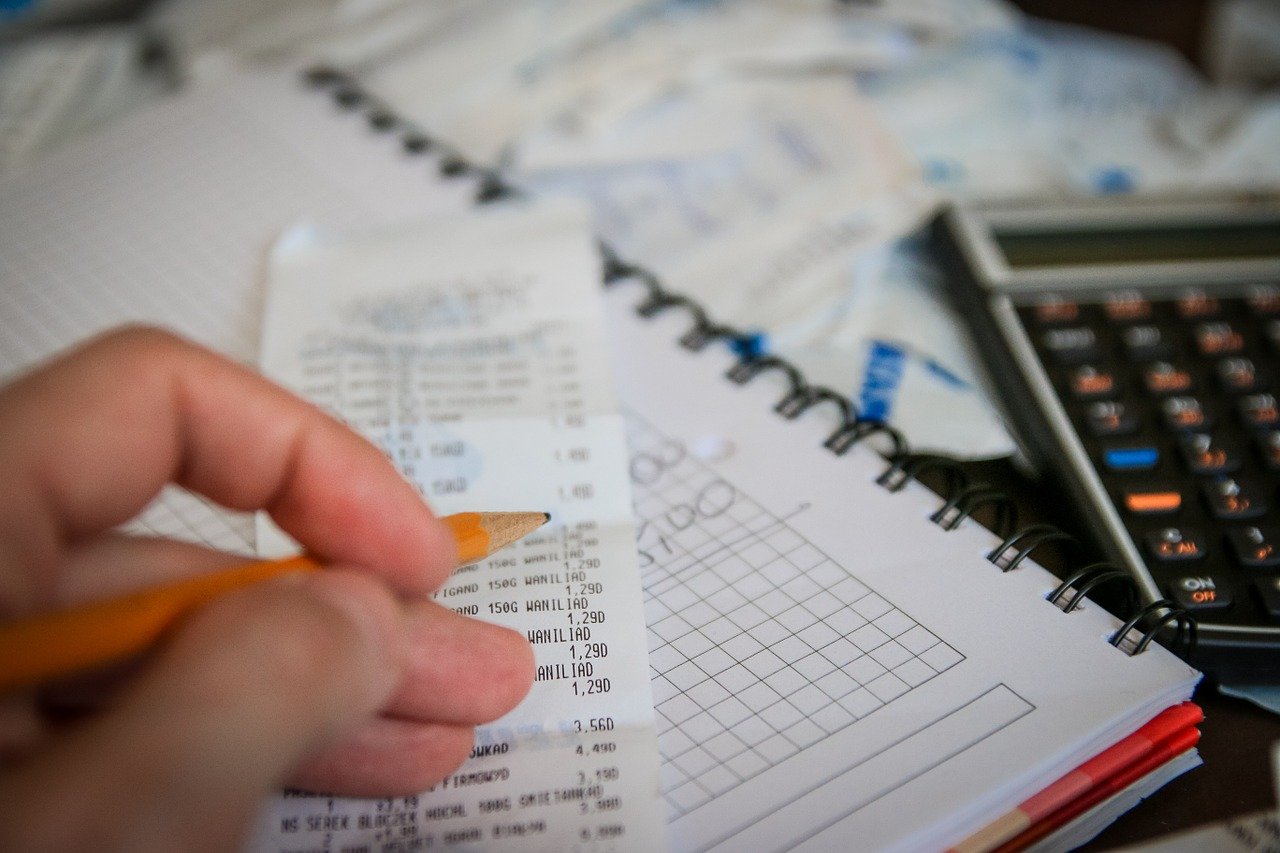A line of credit is a loan that allows you to borrow multiple times up to a set limit from a lender when you need quick cash. For these, you will need to apply only once and wait till you get approved. Credit cards are one such example of a line of credit, but there are other options under lines of credit too.

Taking Out a Line of Credit
Let’s discuss some of the essential aspects of a line of credit to understand how they work, how you should manage them, and what you should avoid.
How does a line of credit work?
If your request is approved, your line of credit will have a draw period and a repayment period. The draw period is the duration when you have access to the funds, while the repayment period is when you have to repay the interest rates along with the principal rate.
The draw period can vary according to the lender; your agreement will specify your draw period. You will be expected to pay a minimum amount during the draw period. A portion of this amount goes towards the reduction of your interest rates. Hence, you should pay the minimum repayments on time at all costs.
How many lines of credit are appropriate?
It is essential to question how many lines of credit I should have and borrow accordingly. It is generally considered ideal to have two lines of credit to have a backup in case one fails or isn’t enough. However, there’s no fixed number for how many lines of credit you should have. Eventually, it will depend on your financial situation and monthly income.
When are lines of credit appropriate?
These are for need over want situations. Lines of credit are best when you have a steady monthly income and job security to ensure you don’t miss the repayments. These shouldn’t be taken for short-term whims like impulsive purchases, vacations, or big shopping sprees. It goes for all kinds of loans.
Try using your line of credit for demanding situations like college funds, emergency home maintenances, and other financial crises. Additionally, lines of credit are a great option when you need to split up high-interest rate credit card debt into one compensation with relatively low-interest rates.
Can I use lines of credit to pay off my monthly bills if I’m short on cash?
Technically, you can get a line of credit to pay off your monthly bills. The lenders won’t deny your request, but it’s not advisable or favorable. If you are short on cash and cannot pay off all your monthly bills, you will increase your monthly expenses by taking our line of credit. So, if you don’t have a high-paying job, taking out a line of credit for monthly bills will worsen your financial situation.
When are lines of credit not appropriate?
While we are on the subject of when lines of credit would be appropriate, here are some circumstances when lines of credit might not be able to help you:
- Long-term financing: All lines of credit come with an expiry date. If you are looking for long-term funding, installment loans would be more suitable.
- Bad credit score: Lenders have much stricter rules for lines of credit than they do for personal loans. If you have a bad credit score or record, applying for a line of credit might not be the best idea.
- Fixed payments: Lines of credit might sound right for one-time fixed rate purchases, but there are more affordable options with fixed rates like installment loans. If you already know precisely how much you will need for that purchase, avoid lines of credit.
Conclusion
Having quick leverage over finances may sound tempting, but it’s not ideal for every situation. It might even escalate your financial emergency, as we have mentioned above.






